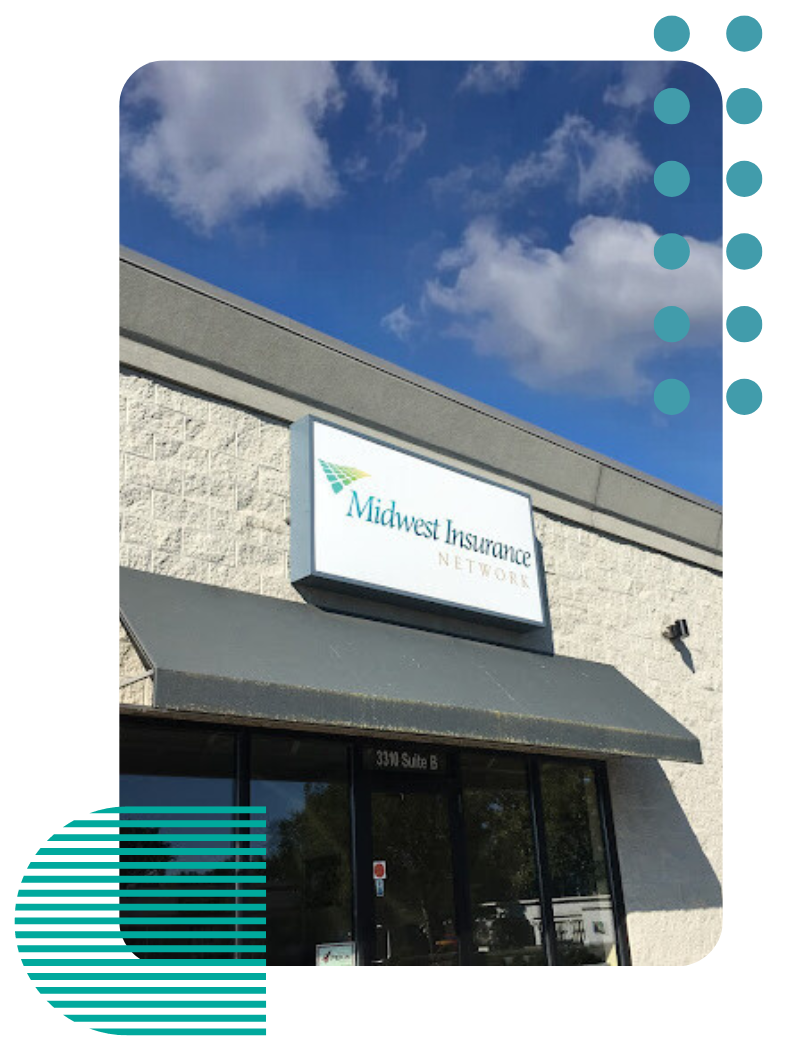Get in touch
419-720-5825
agency@midwest-insure.com
Navigating the Bar Insurance Claims Process in Indiana
See How We're Different
or call us: 419-720-5825
Understanding the intricacies of bar insurance claims in Indiana can be a daunting task. From the initial stages of filing a claim to the final resolution, the process is filled with legal jargon and complex procedures. This guide aims to break down the process into manageable steps, providing you with the knowledge and confidence to navigate your way through the bar insurance claims process in Indiana.
Understanding Bar Insurance in Indiana
Before diving into the claims process, it's crucial to understand what bar insurance is and why it's important. Bar insurance is a type of business insurance specifically designed for establishments that serve alcohol. It covers a range of potential risks, including property damage, liability claims, and employee injuries.
In Indiana, like many other states, establishments that serve alcohol are required by law to carry certain types of insurance. This is to protect both the business and the public from potential financial loss. Understanding your policy and its coverage is the first step in successfully navigating the claims process.
Types of Coverage
Bar insurance policies typically include several types of coverage. The most common are general liability, liquor liability, property insurance, and workers' compensation. Each of these coverages protects against different risks and has different claim procedures.
General liability covers claims for injuries or property damage caused by your business operations. Liquor liability covers claims related to the serving of alcohol, such as injuries or damages caused by intoxicated patrons. Property insurance covers damage to your business property, while workers' compensation covers employee injuries on the job.
Filing a Bar Insurance Claim in Indiana
When an incident occurs that may be covered by your bar insurance policy, the first step is to file a claim with your insurance company. The process can vary depending on the type of claim and the specific procedures of your insurance company.
However, there are some general steps that you can expect to follow. These include notifying your insurance company of the incident, providing documentation, cooperating with the investigation, and negotiating a settlement.
Notifying Your Insurance Company
After an incident, it's important to notify your insurance company as soon as possible. This is typically done by calling the company's claims department or filling out a form on their website. Be prepared to provide basic information about the incident, such as when and where it occurred and any known details about the damages or injuries.
Keep in mind that prompt notification is not just a good practice—it's often a requirement of your policy. Failure to promptly report an incident could result in a denial of your claim.
Providing Documentation
Once you've notified your insurance company of the claim, the next step is to provide documentation. This can include photos of the damage, police reports, witness statements, and any other evidence that supports your claim.
The more documentation you can provide, the better. This will help your insurance company understand the extent of the damages and determine the appropriate amount of compensation.
Navigating the Investigation Process
After you've filed your claim and provided documentation, your insurance company will begin an investigation. This process can be complex and time-consuming, but understanding what to expect can help you navigate it more effectively.
The investigation process typically involves a review of your documentation, an inspection of the damage, interviews with witnesses, and a review of your policy. The goal is to determine the cause of the damage, the extent of the loss, and whether the incident is covered under your policy.
Cooperating with the Investigation
During the investigation, it's important to cooperate fully with your insurance company. This includes providing any additional information they request, making your property available for inspection, and being available for interviews.
Keep in mind that while it's important to cooperate, you also have rights as a policyholder. This includes the right to a fair and timely investigation and the right to challenge the insurance company's findings.
Negotiating a Settlement
Once the investigation is complete, the insurance company will make a settlement offer. This is the amount they are willing to pay for the claim. If you agree with the offer, you can accept it and the claim process will be complete.
However, if you disagree with the offer, you have the right to negotiate. This can involve providing additional evidence, hiring an independent appraiser, or even taking legal action. It's important to understand your rights and options during this process, as the final settlement can significantly impact your financial recovery.
Conclusion
Navigating the bar insurance claims process in Indiana can be a complex and daunting task. However, with a solid understanding of the process and your rights as a policyholder, you can successfully navigate your way through the process and achieve a fair resolution to your claim.
Remember, every claim is unique and the process can vary depending on the specifics of your situation and your insurance policy. If you're unsure about any aspect of the claims process, it's always a good idea to consult with a professional, such as an insurance adjuster or attorney, who can provide guidance based on your specific circumstances.
Recent Posts
Midwest Insurance Network is an independent insurance agency offering a one-on-one service for all our insurance clients. We help you navigate the sea of policy options and clarify any questions or concerns you may have along the way.
Quick Links
Services
All Rights Reserved | Midwest Insurance Network.













